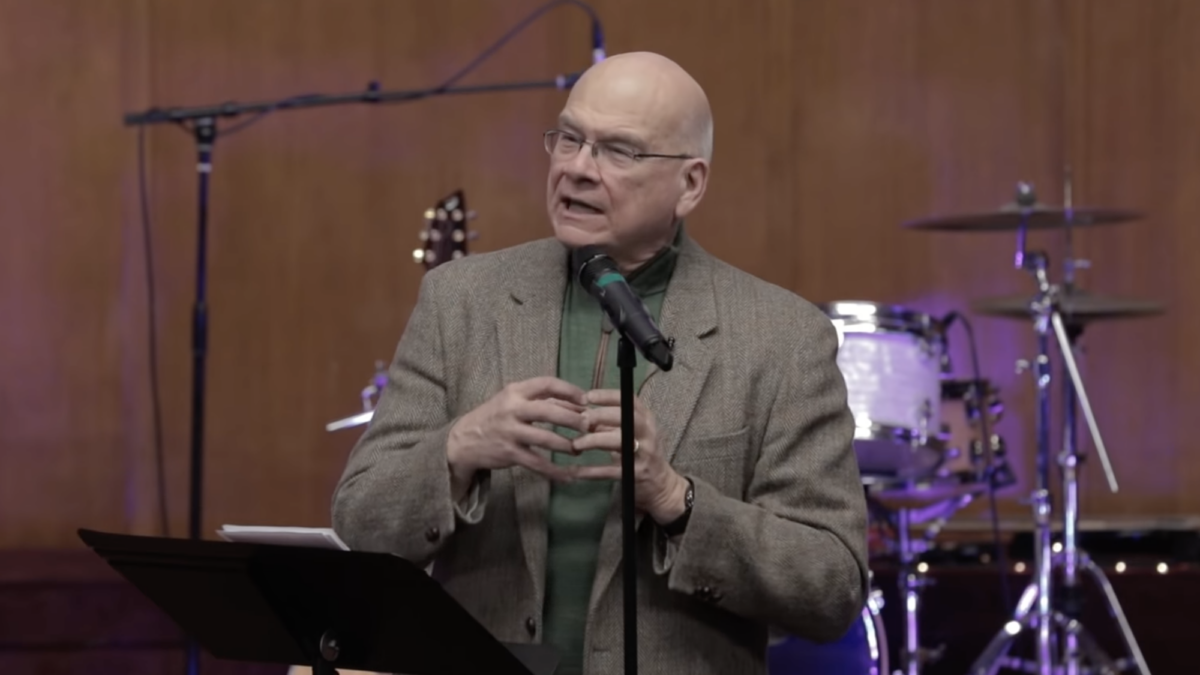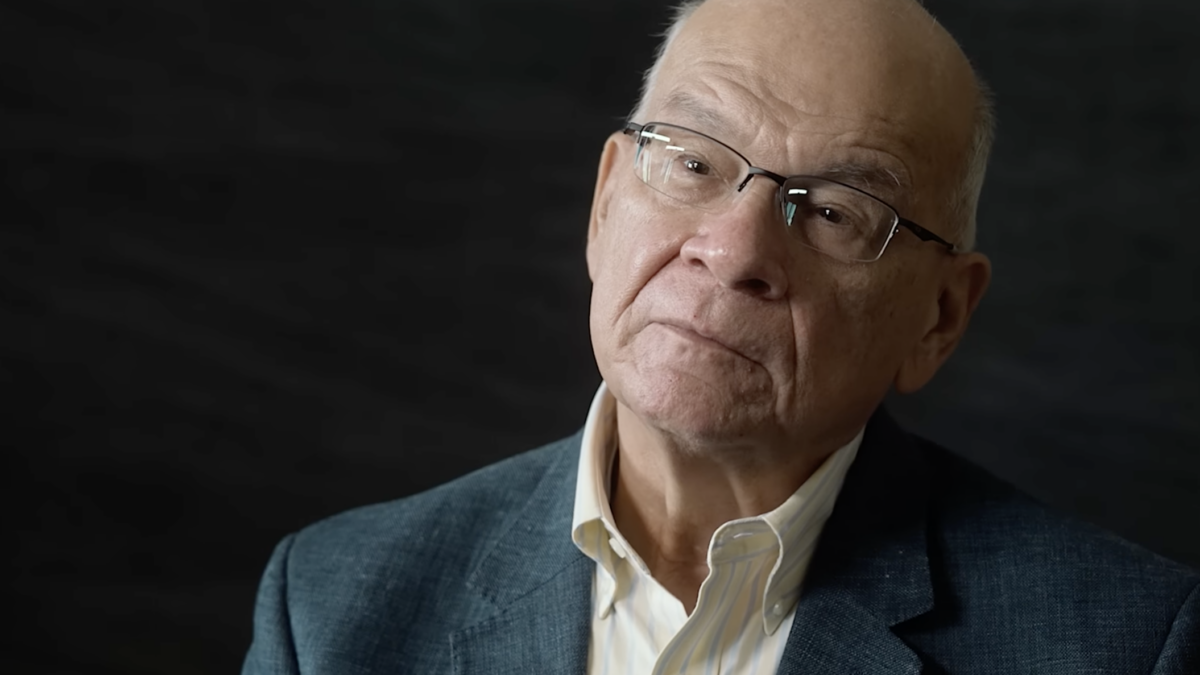
Everyone dies, of course. In one very real sense it is no more significant when one man dies than when another does. But we all know that some deaths just feel a lot heavier than others. For many people, including me, R.C. Sproul’s passing is one of those.
Robert Charles Sproul was born February 13, 1939 and died on December 14, 2017. He was a teacher, pastor, and prolific author. He earned degrees from Westminster Seminary, Pittsburgh Seminary, and the Free University of Amsterdam. He has been very influential in the resurgent popularity of Reformed theology that started sometime in the ‘80s or ‘90s and continues into this century.
Sproul was ordained in the United Presbyterian Church in 1965, but left in 1975 to join the more conservative Presbyterian Church in America. He was the founder of Ligioner Ministries and on the faithful forefront of the evangelical world’s battle over the inerrancy and sufficiency of scripture.
The Day I First ‘Met’ R.C. Sproul
My first exposure to Sproul was in my car, listening to his “Renewing Your Mind” broadcast. He was lecturing on eschatology. I remember it vividly for two reasons. First, although I had never heard anyone talk about that subject from a perspective other than Pre-Millennial Dispensationalism, Dr. Sproul, as was his trademark, explained his perspective with an artistic precision that eludes most other teachers. Sproul had a gift for clearly explaining new or complex material to laypeople. He did it without a hint of arrogance or downtalkery.
The second was that voice. I did not know who he was, but I was instantaneously in love that wonderful, gravelly smooth ear candy. His was truly a radio voice. Listening to a Sproul lecture was like having your favorite grandpa read you a bedtime story. Only better.
It would be difficult to put into words just how much God blessed me through Sproul. Countless others would say the same. Much of this influence stemmed from his book, “The Holiness of God.” Anyone who has read that has a good idea of what Sproul was all about.
He was vexed by the prevalence of shallow notions about who God is and inflated ideas of who we are. His righteous indignation at a question suggesting that God is “too severe” says it all. Although Sproul has affected many people in many ways, personally coming to see God, sin, salvation, and all related issues through the prism of God’s holiness, as opposed to the lens of the often trite, man-exalting views of American evangelicalism, was undoubtedly the central aspect of that impact.
A Breath of Air Amid Theological Smog
Most importantly, what he was teaching about God, holiness, redemption, etc. was not just new information. It was needed exposure to an oxygen-rich atmosphere for a young man who did not know he had been inhaling theological smog.
I know I am not alone in that experience. Although I am not Reformed (to loosely paraphrase the Flanders boys, “He just winged me and made me a Lutheran”), Sproul’s teaching on the character of God has indelibly marked my thinking as a Christian. Once you see truth, you cannot un-see it, denominational differences notwithstanding. And his teaching exposed me to vast amounts of truth.
There are numerous jaw-droppingly profound passages in “The Holiness of God.” One example:
When we understand the character of God, when we grasp something of His holiness, then we begin to understand the radical character of our sin and hopelessness. Helpless sinners can survive only by grace. Our strength is futile in itself; we are spiritually impotent without the assistance of a merciful God. We may dislike giving our attention to God’s wrath and justice, but until we incline ourselves to these aspects of God’s nature, we will never appreciate what has been wrought for us by grace. Even Edwards’s sermon on sinners in God’s hands was not designed to stress the flames of hell. The resounding accent falls not on the fiery pit but on the hands of the God who holds us and rescues us from it. The hands of God are gracious hands. They alone have the power to rescue us from certain destruction.
R.C. Sproul’s influence has reached well beyond the boundaries of his Presbyterian confession. Of course, you cannot please everyone, and some have never liked the good doctor on account of his Reformed convictions. Debating those issues is beyond my scope here, but those hackles certainly will relax over time.
In the big picture of church history, Sproul will end up in next to Augustine and Aquinas. As the centuries pass, the fact that he had ideological opposition will become strictly an academic matter. The passion of such opposition always dies over time. He will end up being one of those historic figures whom everyone quotes for something.
In the meantime, those of us blessed by his teaching in his lifetime will remember. We will remember the golden, gravelly smooth voice. We will remember his uncanny ability to marry an almost boyish enthusiasm with the requisite circumspection and seriousness of a Christian elder. We will remember how funny he was. Mostly we will remember and treasure what he taught us.
I will avoid melodrama by not pretending that Sproul’s passing affects me more than it does. I did not personally know him. His family is certainly shattered and grieving. Death is always the greatest tragedy to those closest to the deceased.
But on behalf of those of us who only felt like we knew him, or wished we did, let me say: Goodbye, R.C. Rest in peace. We will miss you terribly.









